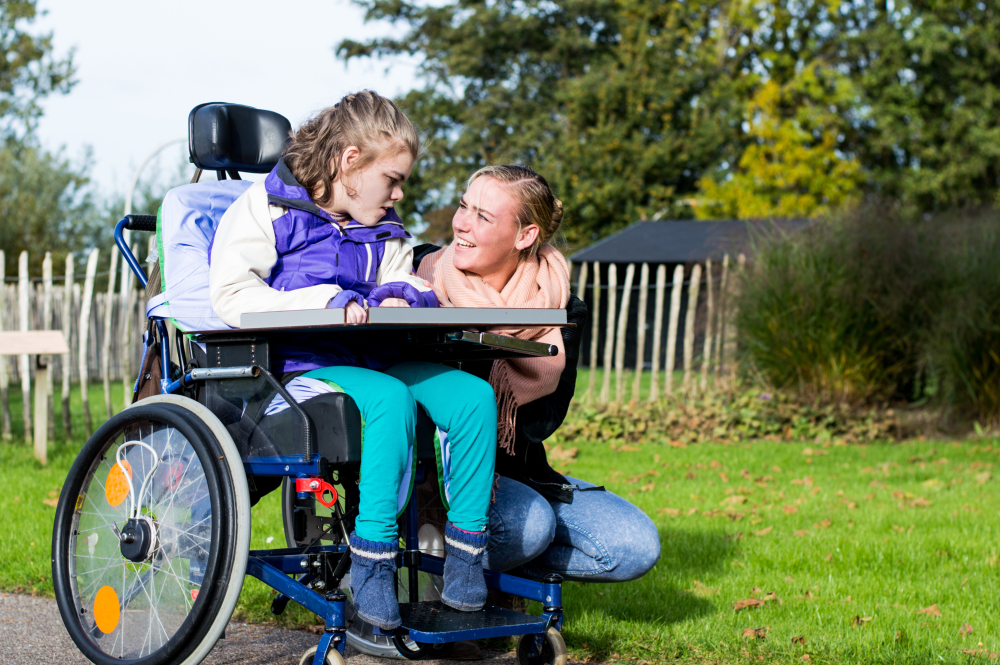
Numerous misconceptions surround children with cerebral palsy (CP), which can ultimately lead to misunderstandings and stigmatization. As a result, we at Rise & Restore Home Care, a leading provider of pediatric homecare in Atlanta, Georgia, find it crucial to tackle these misconceptions to foster a more inclusive and well-informed perspective on CP.
As a reliable healthcare provider in Georgia, one of the many ways we seek to help is by dispelling the most common misconceptions about children with cerebral palsy. Such as:
- Cerebral palsy is a mental disability.
One of the most widespread misconceptions is that the signs of CP involve intellectual disabilities in affected children. In reality, CP primarily impacts motor functions and muscle control, not cognitive abilities.
- All children with CP share identical symptoms and limitations.
CP constitutes a wide spectrum of neurological disorders, and its effects can greatly differ from one child to another. While some may encounter mild motor challenges, others may face more severe impairments. Recognizing this diversity within the CP community is vital to providing appropriate caregiver care and support.
- Improvement in the condition of children with CP is unlikely.
Although CP is a lifelong condition, it doesn’t imply that children cannot make progress or enhance their motor skills through therapy, interventions, and support. Early intervention and continued therapy can have a significant impact on a child’s development.
If you or your loved one requires nursing services in Georgia, we are the ones to count on. Please feel free to contact us at your convenience!
Disclaimer
Blogs, content and other media uploaded online are for informational purposes only. Contents on this website should not be considered medical advice. Readers are strongly encouraged to visit their physician for health-related issues.



Leave a Reply